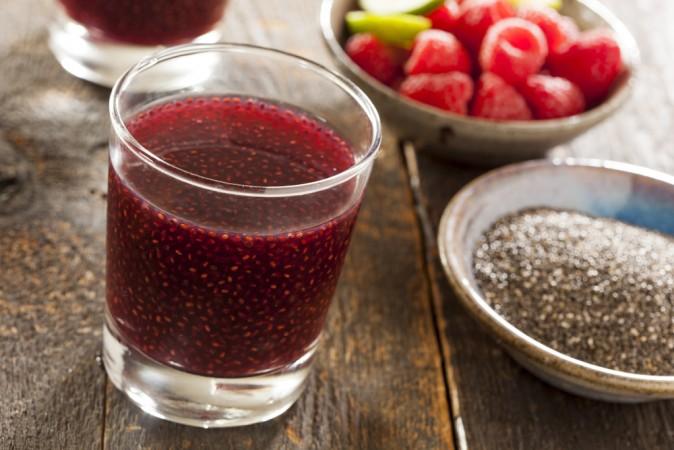Inflammation is our body’s natural response to injury or stress. If you cut yourself, get an infection or sprain an ankle, acute inflammation is a normal immune system response. However, chronic inflammation occurs when this process goes wrong and starts to affect healthy tissue. This chronic inflammation may play an important role in aging and other illness such as heart disease, arthritis, bone health and allergies.
Poor diet is one of the major contributors to chronic inflammation so incorporating anti-inflammatory foods into your diet is essential.
Here are 5 of our current favorites:
Chia Seeds

StephanieFrey/iStock





